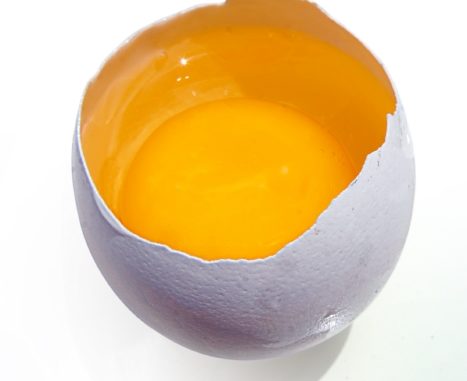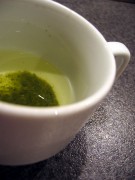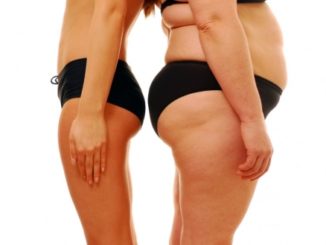
We all hear about how bad cholesterol is for us and the damage it does to the heart and our blood vessels, but what exactly is it? What makes one kind of cholesterol good and another bad?
Cholesterol is a soft substance to be found in our blood stream and cells. It is made from lipids (which is found in the cell membranes) and a combination of steroids and alcohol (sterol). Although too much of it can have an adverse effect on our health, cholesterol is important as well. It is needed in the formation of cell membranes.
We get cholesterol in two main ways, from the foods we eat, especially synthetically produced foods and it is also produced by our bodies. Some natural foods also contain cholesterol, such as eggs (the yolk primarily), meat and some sea-food. Cholesterol is insoluble in the blood and this is part of the reason why it is so dangerous.
The different types of cholesterol
There are many types of cholesterol, but the two that concern human beings are LDL (Low Density Lipoproteins) and HDL (High Density Lipoproteins). LDL is referred to as the bad cholesterol and HDL is the good cholesterol. Because cholesterol cannot dissolve in blood, it is taken around the body by carriers. These carriers are called lipoproteins.
Symptoms and treatment of high cholesterol
High cholesterol is one of four main risk factors for developing coronary disease leading to heart attacks. However, high cholesterol has no obvious symptoms; it must be diagnosed by taking a blood test or lipid panel where the levels of the different types of cholesterol are measured.
The treatment for high cholesterol includes changing your diet from one consisting mostly of foods high in saturated fat, exercising, losing weight, and medication.
The 3 main types of medication are:
-
Statins
-
Cholesterol absorption inhibitors
-
Fibrates among others
The recommenced intake of cholesterol
The recommended daily intake of cholesterol should be less that three hundred mg according to the American Heart Association, although less than 300 mg is better, especially if you have any kind of heart condition.
To control the amount of cholesterol you consume will call for a change in your buying habits, that is, you must read the nutritional information on food products you purchase. This is tedious at first but will become second nature as you get used to it. Also, foods that contain high amounts of saturated fats are the main precursor to high cholesterol in the body.
Saturated fats are found mostly in food made from animals, such as chicken, beef and eggs. Therefore, limit how much of these products you eat per day. Nutritionists recommend that you eat less than six ounces of meat or fish per day, and up the intake of fruits and vegetables. Consume dairy products that are low-fat or fat-free as much as possible.
Exercise can increase good cholesterol levels
Regular physical activity, especially aerobic type activity is said to help increase HDL (the good cholesterol) which in turn helps to lower the risk of heart disease.
As you can see cholesterol itself is not necessarily dangerous, it is the amount we consume and our level of physical activity and fitness that contributes to the ill-effects.




Be the first to comment